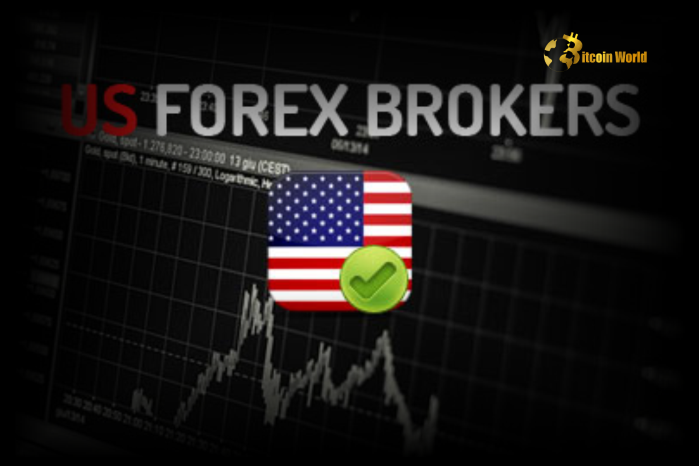Understanding Forex Taxation in the US
Understanding Forex Taxation in the US
Blog Article
Why Forex is Gaining Popularity in America
Foreign trade, or Forex trading, draws countless players in the United Claims every year. Its large size and liquidity make it one of the very most desirable markets globally. However, best forex trading platform in usa. takes a distinctive and strict way of regulating Forex activities. If you're seeking to deal currencies or just desire to know how legal frameworks form the Forex market, knowledge these regulations is crucial.

Critical Legitimate Frameworks Shaping Forex in the US
Forex regulation in the United States stands apart because of its complete chance regulates and customer protections. Two primary government figures oversee most Forex activities:
• Commodity Futures Trading Commission (CFTC)
• National Futures Association (NFA)
The CFTC, created in 1974, is assigned with regulating the futures and possibilities markets, international change included. The NFA, as a self-regulatory organization, performs strongly with the CFTC to enforce rules and maintain fairness in trading practices.
Subscription and Compliance
Every Forex seller or broker using the services of U.S. citizens must enroll with the CFTC and NFA. These entities may also be required to adhere to rigorous detailed criteria, including:
• Minimum net capital needs (often higher than in different countries)
• Continuing audits
• Powerful anti-money laundering (AML) procedures
• Clear risk disclosure
Violations can result in substantial fines or a permanent ban from the market. This regulatory construction aims to stop scam, protect investors, and enhance industry integrity.
Key Restrictions on Forex Activities
Foundational rights influence how Forex runs in the U.S.:
• Influence limits: The NFA pieces a optimum influence of 50:1 for significant currency couples and 20:1 for minors. That is much below several worldwide markets, helping protect new traders from substantial losses.
• Segregation of resources: U.S. legislation involves that client funds are held split up from broker operational funds. That measure safeguards traders in case a broker becomes insolvent.
• Advertising and disclosure: Firms should obviously explain risks, costs, and trading elements to clients. Deceptive or hostile solicitation techniques face rigid penalties.
Enforcement and Penalties
U.S. agencies frequently monitor for fraudulent schemes, insider trading, and illicit industry manipulation. Mathematical data from enforcement studies reveals a regular design of penalties and settlements lately, highlighting ongoing vigilance. This environment, while stricter than most areas of the entire world, creates a safer playing subject for retail and institutional traders alike.
What things to Contemplate as a US Forex Trader
New developments show an ongoing increase in regulatory measures, a focus on customer knowledge, and continuous revisions to conformity requirements. If you plan to trade Forex in the U.S., it's necessary to:
• Ensure a broker's productive registration position
• Remain updated with regulatory changes
• Review risk disclosures before generally making trades
This approach minimizes unforeseen losses and enhances your prospects in a tightly controlled but powerful marketplace. By understanding appropriate regulations, U.S. traders can confidently be involved in the Forex market while keeping within the variables of the law.
Report this page